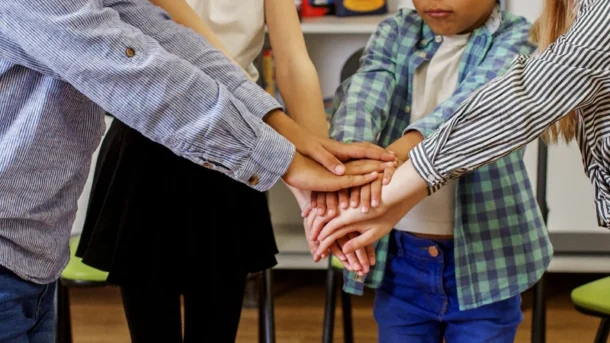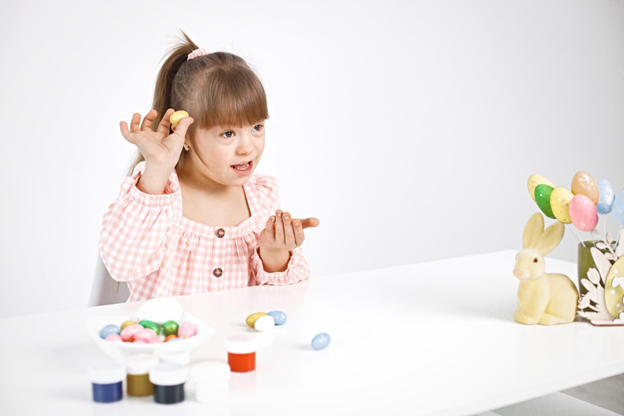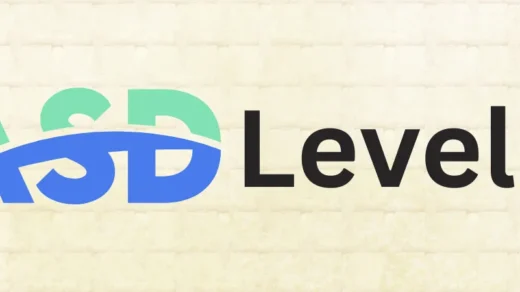Children aren’t born knowing how to make friends or get along, but they learn it gradually, step by step. That’s all a part of social development in early childhood.
Do you know what social development in early childhood is? Let’s understand what it is, its importance, and its impact on children.
What is Social Development in Early Childhood?
Social development in early childhood refers to how children learn to interact with others through sharing, playing, communicating, and understanding others’ feelings from an early age. It helps them form bonds, build healthy friendships, and communicate effectively as they grow.
The Importance of Social Development in Early Childhood:
Social development in early childhood is crucial, as it shapes your child’s interactions, relationships, and communication for a lifetime. It teaches children how to cooperate, show empathy towards others, and handle emotions positively and independently. These skills are important for making friends, resolving problems, and succeeding in and out of school.
Key Aspects of Social Development in Early Childhood:
Social development in early childhood possesses various key skills that help children connect, communicate, and grow socially and emotionally. These key aspects shape their interaction with others and enhance their understanding of the world.
Relationship building:
Children learn to form bonds with their parents, caretakers, and friends through developing trust and affection. It creates a sense of safety and belonging in them, leading to healthy relationships.
Social Skills:
They begin learning to share, take turns, listen, and play cooperatively with their friends, which helps them develop friendships and solve problems independently.
Emotional Development:
Children start expressing their feelings and understanding others from an early age. They show empathy and kindness toward others, which allows them to respond appropriately socially and form healthy relationships.
Self-Awareness:
They recognize their actions, feelings, and how they can affect people around them.
This self-awareness leads them towards enhanced confidence and emotional control.
Social Norms:
Children understand rules, fairness, and how to behave in different environments.
Learning these social norms makes them adaptable to group settings like school and community events.
How Social Development Impacts Children:
Social development in childhood shapes how a child thinks, feels, expresses, and understands their surroundings. Social development earlier in life prepares them for future healthy relationships and connections. Here is how it impacts children:
Language Development:
Communicating and playing with other kids encourages language development and improves vocabulary.
Cognitive Development:
Social interactions and play boost cognitive skills, like problem-solving, thinking, and decision-making effectively.
Emotional Regulation:
It helps with emotional regulation as children learn to manage big emotions positively by observing and interacting with others.
Self-Esteem:
Positive social experiences increase their confidence and give them a sense of self-worth.
Academic Success:
Good social skills help children to cooperate with friends, follow instructions properly, and stay engaged in learning, leading to academic success.
Mental Health:
Social development and healthy relationships help reduce stress and loneliness, promoting overall emotional and mental well-being.
Frequently Asked Questions:
What are some examples of social development in early childhood?
Some examples of social development in early childhood include learning to share things, taking turns, forming bonds, and expressing emotions during play and interactions with others.
What is social development, and examples?
Social development in early childhood refers to how children interact with others. Examples include feeling or showing empathy, cooperating while playing, and the ability to resolve simple fights.
What is the social development theory of early childhood?
The social development theory of early childhood claims that children learn the most through social interactions. Positive interactions and relationships encourage social development, allowing kids to communicate better and build trust.
What are social development delays in children?
Social development delays in children can be seen as struggles to make friends or bonds, share things, or express or understand others’ emotions. Early support can enhance social skills in early childhood.
What causes a lack of social development?
Limited social interactions, neglect, traumas, or developmental disorders can cause a lack of social development in children. Healthy social interactions lead to positive social development in early childhood.
What are the examples of social developmental disorders?
Examples of social developmental disorders include autism spectrum disorder and social communication disorder. These conditions affect social development in early childhood, making social interactions and communication with others challenging fr children.



